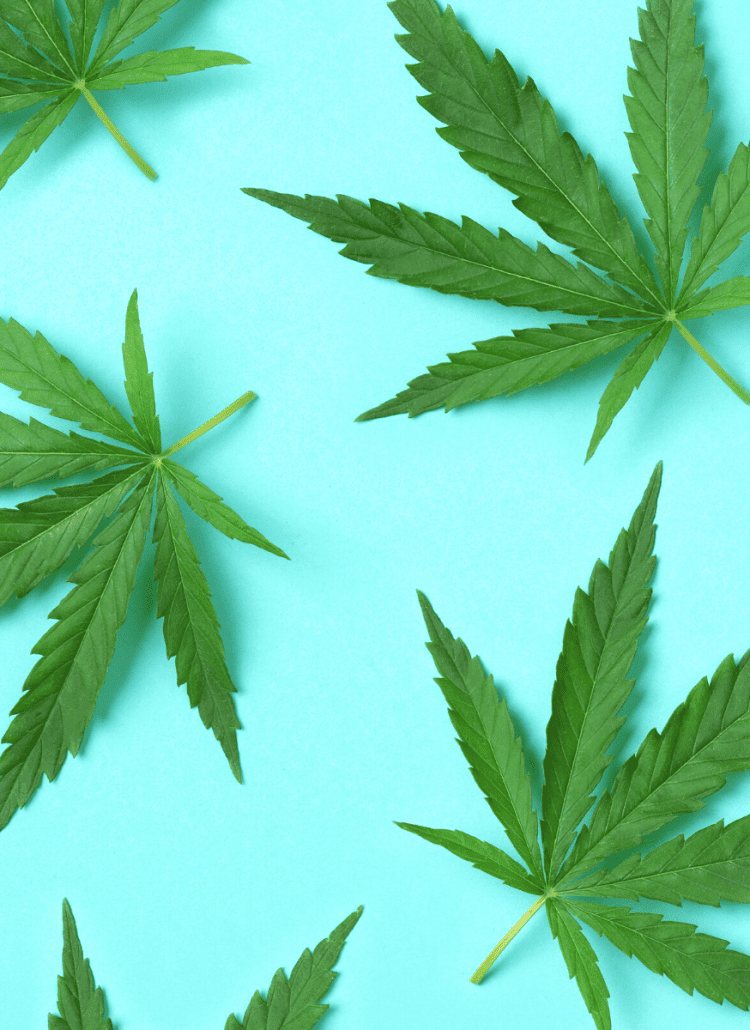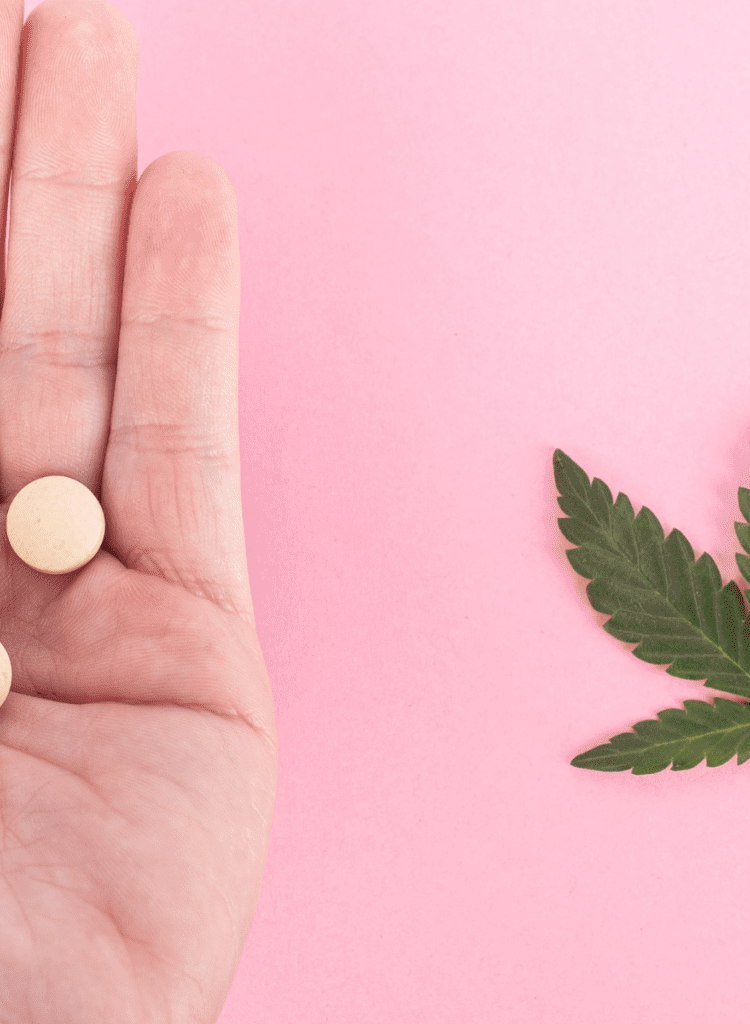
CBD oil has many uses, including for migraine headaches. Headaches are common in everyday life and are mostly no cause for concern, and last three to four hours tops. However, migraines are like headaches on steroids and are incapacitating, impeding you from performing the simplest tasks.
Migraines are a significant health issue in the US, with one survey showing that 10% of adult males and 20% of adult females experience chronic migraines. Although migraine prescription medications are available, they cause undesirable side effects, including fatigue, drowsiness, and impaired cognitive functions. However, CBD is emerging as an all-natural migraine remedy. Keep reading to discover its efficacy in tackling migraines.
What is a Migraine?
Experts classify a migraine as a primary headache, meaning that, unlike typical headaches, it is a disease on its own and not the symptom of an underlying health issue. Therefore, a migraine is a neurological disease characterized by the symptoms below.
- Severe throbbing head pain on one side of the head
- Hypersensitivity to light and sound
- Muscle tension causing muscle and joint pain
- Nausea
- Fatigue
- Slurred speech
- A tingling sensation
These migraine symptoms last anywhere between a day to seven days. Also, migraines are genetic (autoimmune diseases), although they have environmental triggers. The environmental triggers include sensory overstimulation from heavy scents and odors, passive smoking, loud sounds, inadequate sleep, emotional stress, hormonal imbalances, alcohol consumption, and sleep pattern changes. So, taking 250 mg of CBD gummies for sleep may help to ease the condition.
Although the research on CBD’s effect on migraines is scarce, one research study proves CBD’s efficacy in tackling migraines after 85.1% of participants reported reduced migraine frequency. The test subjects with confirmed primary headache symptoms took CBD for 30 days and reported positive effects. One theory supporting the results is that CBD can suppress migraine triggers, preventing symptom occurrence. Therefore, below are plausible routes via which CBD can tackle migraines.
CBD May Have Analgesic Properties
One study review highlights CBD’s efficacy and potential as a pain management therapy in pre-clinical and clinical trials. The study established that CBD doses taken via various administration routes, e.g., oral and topical administration, can substantially reduce hyperalgesia (pain sensitivity).
CBD’s mechanism of action in the body entails interacting with the endocannabinoid system’s (ECS) receptors. The ECS is an elaborate signalling system featuring receptors that transmit signals throughout the central and peripheral nervous systems. Moreover, the ECS also functions as a synapse circuit breaker, halting signal transmission when necessary.
Consequently, CBD interacts with the ECS’s CB1 and CB2 receptors, triggering the ECS’s synapse circuit breaker function, helping prevent pain signal transmission. Therefore, it can reduce the body’s nociceptive threshold (pain tolerance) by lowering pain sensitivity, making migraines and other migraine-induced pain symptoms like muscle pain bearable.

CBD May Show Antiinflammation Properties
One research study established a link between the neuropeptides produced during inflammation responses and migraines, so migraines are a neuroinflammatory disease. Although specifics vary, the standard line of treatment for inflammatory conditions is using an anti-inflammatory agent, and CBD has shown potential anti-inflammatory properties.
Neuropeptide production begins when pro-inflammatory cytokines activate the TRPV1 channel, propagating an action potential leading to an enhanced neuron firing rate. The enhanced firing rate activates the trigeminal nerve or the portion of the brain that sends pain signals to your face and brain, and the nerve’s overstimulation causes migraines.
However, one research study concluded that CBD might deactivate the TRPV1 channel, reducing neural firing rate and neuropeptide production, to alleviate inflammation-induced migraines.
CBD May Provide Emotional Stress Relief
According to one a recent meta-review that looked at the effects of CBD on anxiety in 6 different research papers, research study, CBD oil is effective at reducing anxiety and has few side effects besides mild fatigue. CBD may be most effective for social anxiety, generalized anxiety disorder (GAD), or post-traumatic stress disorder (PTSD), but research is required to test its effectiveness for other types of anxiety such as phobias like fear of heights. CBD may relieve anxiety by activating serotonin receptors, specifically the 5HT-1A subtype that are thought to underlie anxiety issues.
CBD Can Alleviate Nausea
One animal research study concluded that CBD’s potential effect on serotonin receptors also alleviates nausea because serotonin helps promote wellbeing. Therefore, CBD can be effective in managing migraine-induced sickness.
Is CBD Safe?
According to one feline study on escalating cannabinoid doses, CBD has high tolerability or a low propensity to cause adverse effects. However, some consumers may experience mild side effects, including a dry mouth, lightheadedness, drowsiness, diarrhea, appetite loss, and nausea. Such symptoms typically occur with higher CBD doses, so start low and go slow to establish your CBD tolerance.
Another safety factor regarding CBD is not to do with the cannabinoid itself but with the cannabis industry. The cannabis industry is highly unregulated because CBD and other cannabis products fall in a different class from pharmaceutical drugs, meaning they undergo less scrutiny.
Unfortunately, some businesses exploit regulatory loopholes to sell low-quality, perhaps even unsafe, CBD products. Therefore, only buy lab-tested CBD products from trusted CBD brands.
Consult an Experienced Cannabis Clinician
CBD products are natural and can be an effective channel for tackling incapacitating migraines without inducing undesirable side effects. However, consult your doctor or a cannabis coach like Dr. Michele Ross before taking CBD products for migraines to avoid possible drug interactions.
Pin This Post






